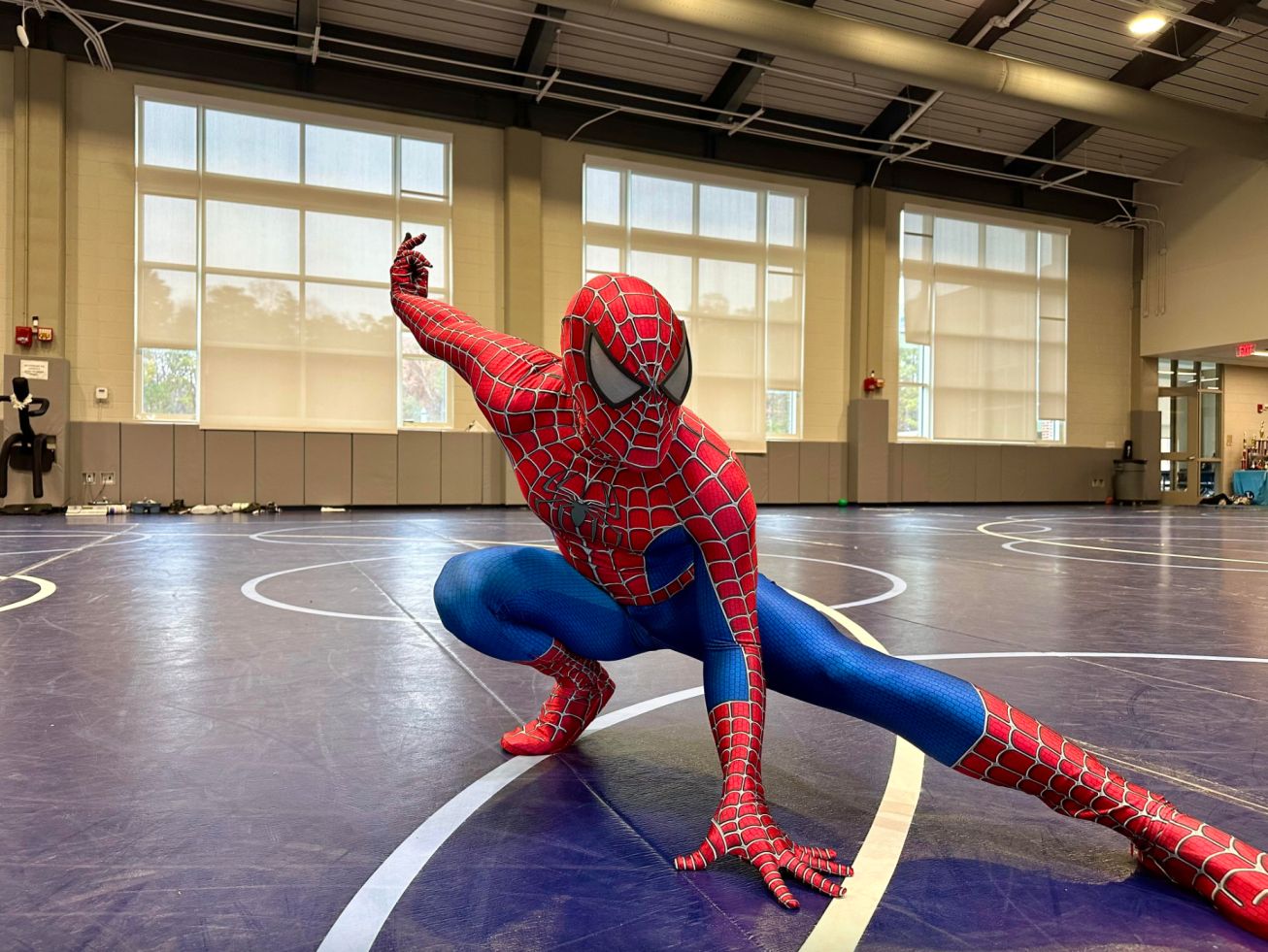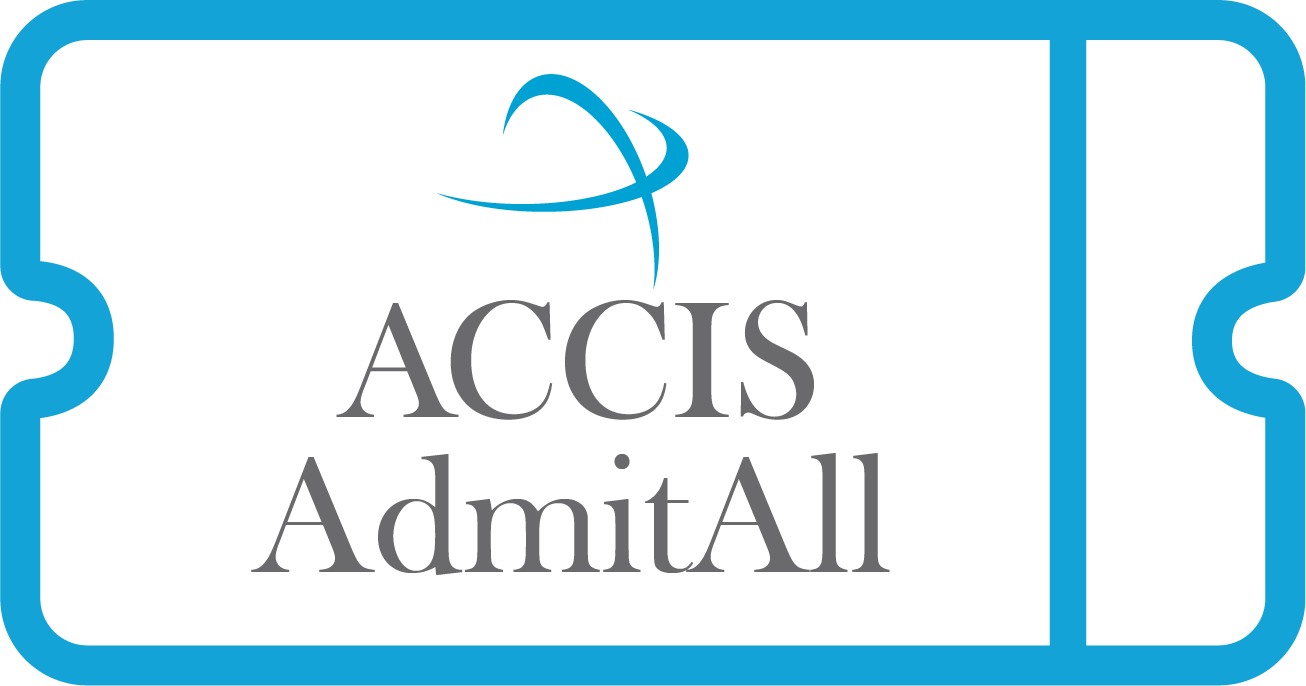
Communicating With Ease
Brian K Smith, Marlborough School
February 29, 2024
I entered the admission profession some twenty-five years ago, and what I’ve learned most over my tenure at three different independent schools is the importance of being a great listener. I post a lot of inspirational quotations online, but there’s a particular quotation that resonates most with me that I keep posted next to my computer in my office and on my desk at home. It’s from Dr. Maya Angelou, and it reads, “People will forget what you said, people will forget what you did, but people will never forget how you made them feel.” Even typing it gives me chills. But the reason why this holds importance in my life is that, at the moment of interaction, the person sitting or standing directly in front of me should always feel that they are the most important person. I’m about to be extremely vulnerable now, hold on!
As professionals, we consistently find ourselves pulled in many directions and it’s easy to lose focus. But we must remind ourselves why we entered this profession in the first place. Let’s keep in mind the importance of keeping students at the center of what we do. College admission evolves over time. In fact, it has evolved from when most of us went through the process. I recall talking with my “Guidance Counselor,” just once between both my junior and senior years. Interestingly enough, my parents never had a formal or informal meeting with my Guidance Counselor. The one time my Guidance Counselor and I did converse, she was of no help, didn’t listen, and acted uninterested but that’s a story for another day and possibly a different publication. Anyway, I digress, but what that brief interaction taught me was the importance of being present in the moment.
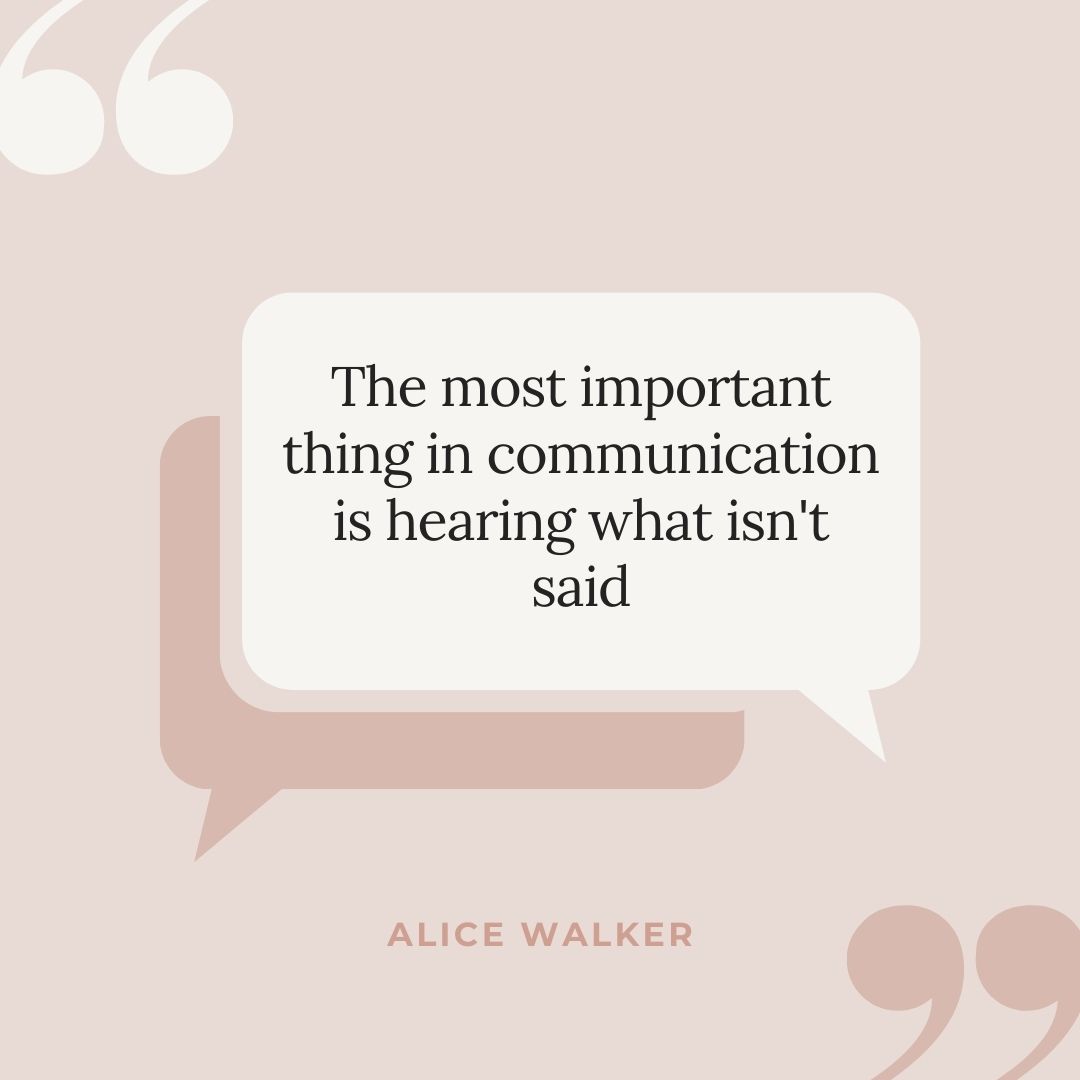 Most of us wear many hats at our respective institutions. We can easily lose focus on what is in front of us–the ebbs and flows in our work often cause our attention to shift. Admittedly, I do. After all, I’m human, not perfect and not always successful at giving everyone my undivided attention. So, as I make a concerted effort (New Year, New Me-insert eye roll) to become a better listener, more effective professional, and, in turn, a better College Counselor and friend, I offer a few things that I’m putting into practice as a way to help someone else, too. That someone else might just be you.
Most of us wear many hats at our respective institutions. We can easily lose focus on what is in front of us–the ebbs and flows in our work often cause our attention to shift. Admittedly, I do. After all, I’m human, not perfect and not always successful at giving everyone my undivided attention. So, as I make a concerted effort (New Year, New Me-insert eye roll) to become a better listener, more effective professional, and, in turn, a better College Counselor and friend, I offer a few things that I’m putting into practice as a way to help someone else, too. That someone else might just be you.

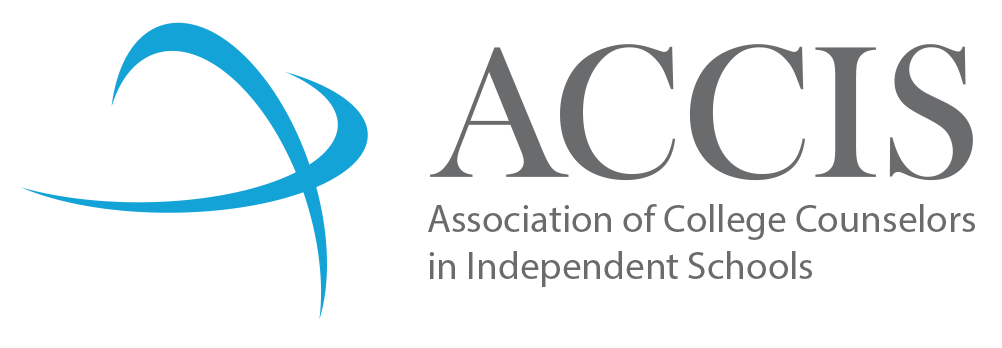
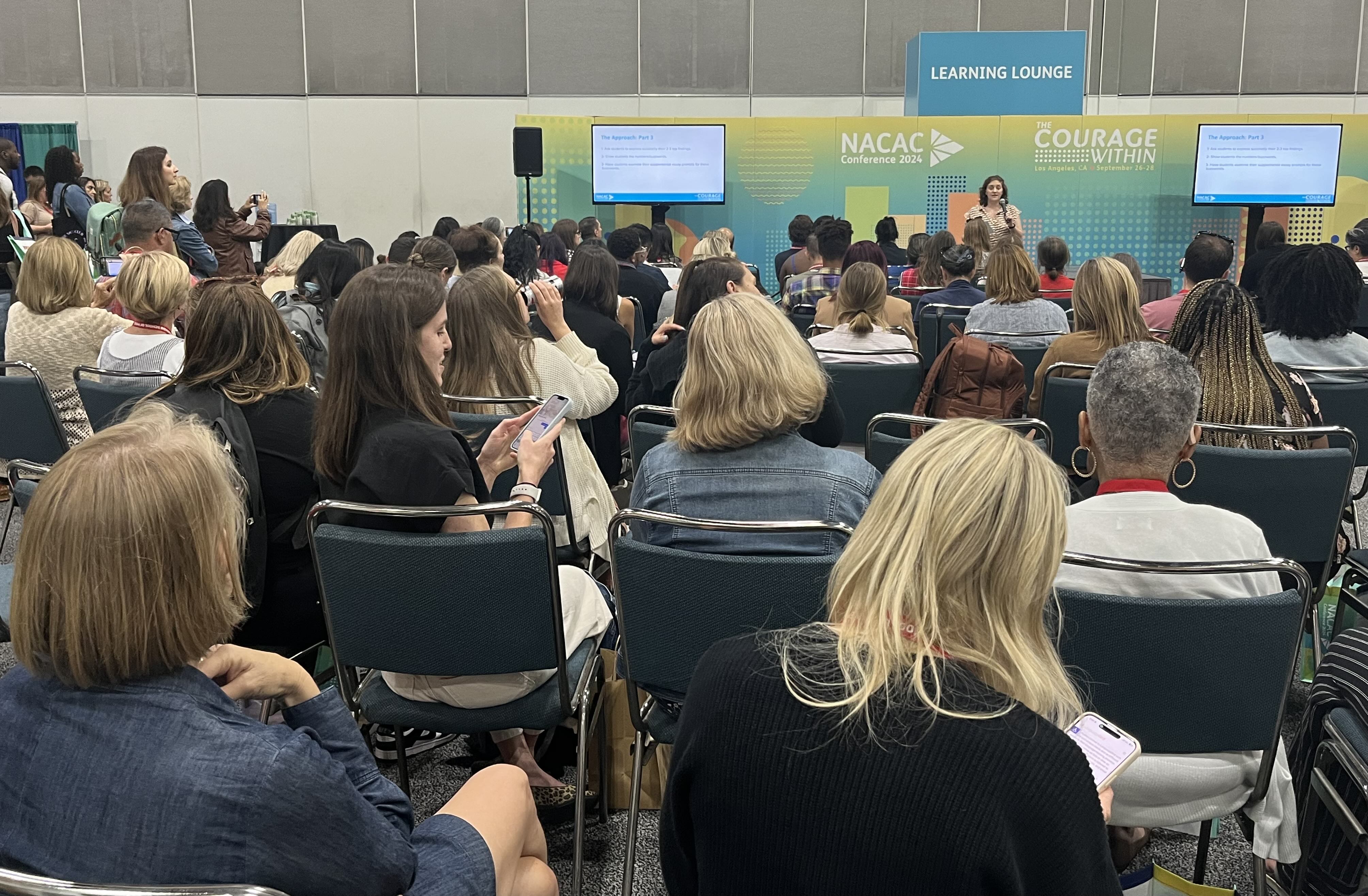 Last fall at NACAC, while presenting “Below the Water’s Edge: A Reflective Deep Dive to Aid Students’ Supplemental Essay Writing,” I felt immense hope as I witnessed the enthusiastic nods from attendees. We know that many selective and highly selective institutions in the United States emphasize holistic review in their admissions process. A student’s ability to engage in diverse communities has become an increasingly prized attribute. Just as grades are a strong predictor of future academic success, a student’s capacity to thrive in diverse environments is best conveyed by how effectively they articulate their unique perspectives and backgrounds during the application process.
Last fall at NACAC, while presenting “Below the Water’s Edge: A Reflective Deep Dive to Aid Students’ Supplemental Essay Writing,” I felt immense hope as I witnessed the enthusiastic nods from attendees. We know that many selective and highly selective institutions in the United States emphasize holistic review in their admissions process. A student’s ability to engage in diverse communities has become an increasingly prized attribute. Just as grades are a strong predictor of future academic success, a student’s capacity to thrive in diverse environments is best conveyed by how effectively they articulate their unique perspectives and backgrounds during the application process. 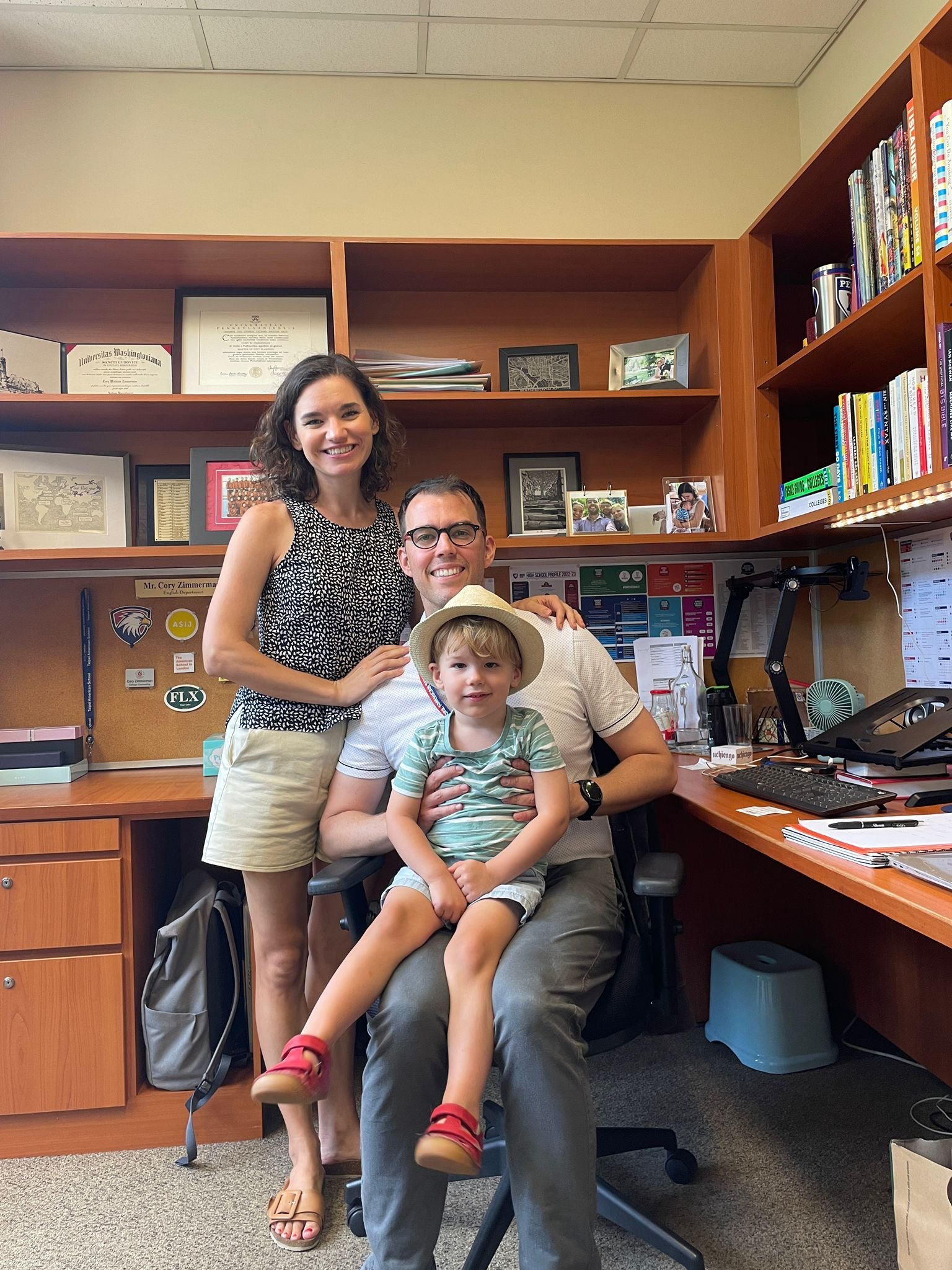
 Most of us wear many hats at our respective institutions. We can easily lose focus on what is in front of us–the ebbs and flows in our work often cause our attention to shift. Admittedly, I do. After all, I’m human, not perfect and not always successful at giving everyone my undivided attention. So, as I make a concerted effort (New Year, New Me-insert eye roll) to become a better listener, more effective professional, and, in turn, a better College Counselor and friend, I offer a few things that I’m putting into practice as a way to help someone else, too. That someone else might just be you.
Most of us wear many hats at our respective institutions. We can easily lose focus on what is in front of us–the ebbs and flows in our work often cause our attention to shift. Admittedly, I do. After all, I’m human, not perfect and not always successful at giving everyone my undivided attention. So, as I make a concerted effort (New Year, New Me-insert eye roll) to become a better listener, more effective professional, and, in turn, a better College Counselor and friend, I offer a few things that I’m putting into practice as a way to help someone else, too. That someone else might just be you.